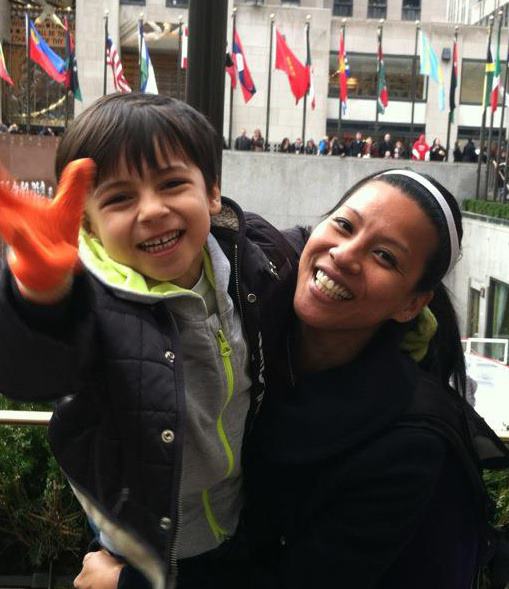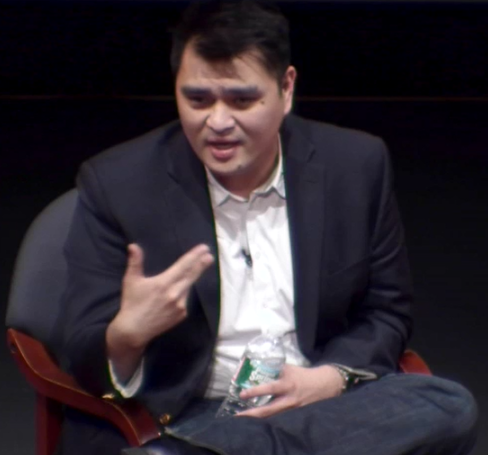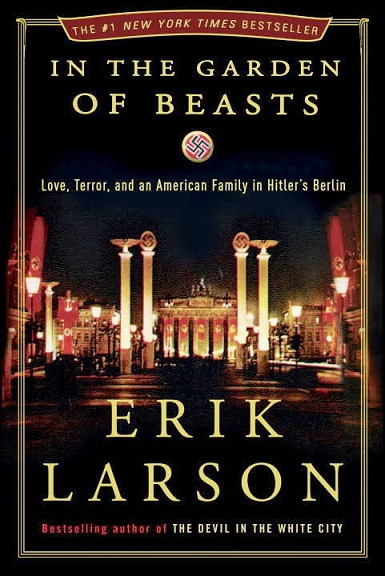Where is the Catholic Church’s humility in the RH law?
By Ludy Astraquillo Ongkeko, Ph.D.
Multiple Choice: Check the answers that would identify the Reproductive Health Law:
_____ Measure took almost 16 years to become a law;
_____ Was held in ‘deep freeze’ by the Supreme Court on March 13, 2013;
_____ Law’s I.D. 10354;
_____ President Aquino signed bill into law in 2012;
_____ All of the above
When the bill on Responsible Parenthood and Reproductive Health (RP/RH) was under discussion by the Philippine legislature — one that took a decade and six years as it morphed into law — more than 82 percent of Filipinos sided with it.
As the years piled on, that same measure was considered “stunted.” Ever-growing opposition markedly came from one front: the Roman Catholic hierarchy and their purported allies widely-known to work nationwide to prevent passage of the bill.
Despite the law’s passage in 2012, the very same strong voices that fought the bill, accompanied by known Church groups proceeded to the Supreme Court (SC) to challenge its approval. Thus, Republic Act 10354 became ‘frozen’ on March 13, 2013.
Petitions were filed before the highest court spearheaded by Pro-Life Philippines Foundations, Inc. and its allies, steeped in their “unrestricted opposition.”
Several days ago, the Supreme Court in session from the City of Baguio’s summer courthouse, confirmed that it ruling struck down more than a dozen petitions against the law.
There were two categories reportedly announced by the justices: “Unconstitutional,” and “Not Constitutional.”
Sadly, RA 10354 did not emerge in the manner it was initially hailed as soon as President Benigno S. Aquino affixed his signature on that much-awaited measure.
What was heard from Baguio, was disseminated nationwide: “The Court, after scrutiny on the various arguments and contentions of the parties…unanimously held that Republic Act No.10354 is not unconstitutional.”
The aforementioned law’s constitutionality had to be determined as it focused on the birth control law that its supporters avowed would transform the lives of millions of poor Filipinos.
Among the “not constitutional” provisions heard from the SC:
“On sex education, the law requires government health centers to hand out free condoms and birth control pills, as well as mandating that sex education be taught in schools.
The law requires that public health workers receive family planning training while post-abortion medical care is also legalized.”
Among portions of the ruling likewise ruled “un-constitutional,” was the role of private health facilities and non-maternity specialty hospitals and hospitals owned and operated by a religious group to refer patients or minors who have suffered a miscarriage, access to modern methods of family planning training, while post abortion medical care is also legalized.
The keyword for close to a decade and six years was “responsible.” Responsible Parenthood, Reproductive Health and Population and Development Law: This objective was what the country’s legislative body worked on.
When that much-awaited measure was signed into law, the opponents derided it as a “controversial birth control bill.” The Catholic bishops came out in full control of their resources, using their pulpit to absolutely quell RA 10354.
It is no secret at all that the vast percentage of the Philippine population shared and proclaimed their belief that deciding what is best for the number of offspring wished for by themselves is their own.
What is not surprising at all is that women’s rights groups echo what they are adamant about: The law will be a “powerful tool in fighting poverty and cutting the birth rate of 3.54, referred to as ‘one of the world’s highest.”
This writer still believes that the RP/RH law should have been upheld in its entirety, so vigorously sought by its numerous hardworking advocates who spoke for the Philippine population’s majority. The law’s principal author, Representative Edcel Lagman was heard to say after the SC ruling, “A grateful nation salutes the majority of justices for their favorable ruling promoting reproductive health and giving impetus to sustainable human development.”
What is of tremendous significance? That the bishops should be part of a “humbler Church,” as emphasized by Pope Francis?
It will be recalled that prior to the pontiff’s election in March 2013, two Philippine archbishops were known to preach the gospel of humility: Luis Antonio Tagle, Manila’s new archbishop, and Socrates Villegas, now president of the Catholic Bishops’ Conference of the Philippines, likewise, Lingayen-Dagupan’s archbishop.
Tagle declared: “The Church must learn humility from Jesus.”
Villegas said: “The new evangelization calls for new humility.”
As he acknowledged the SC decision, Villegas’ attention stands out on the provisions that had been ‘stricken out.’ He said, “It has truly watered down the RH law, and consequently upheld the importance of adhering to an informed religious conscience even among government workers.”










